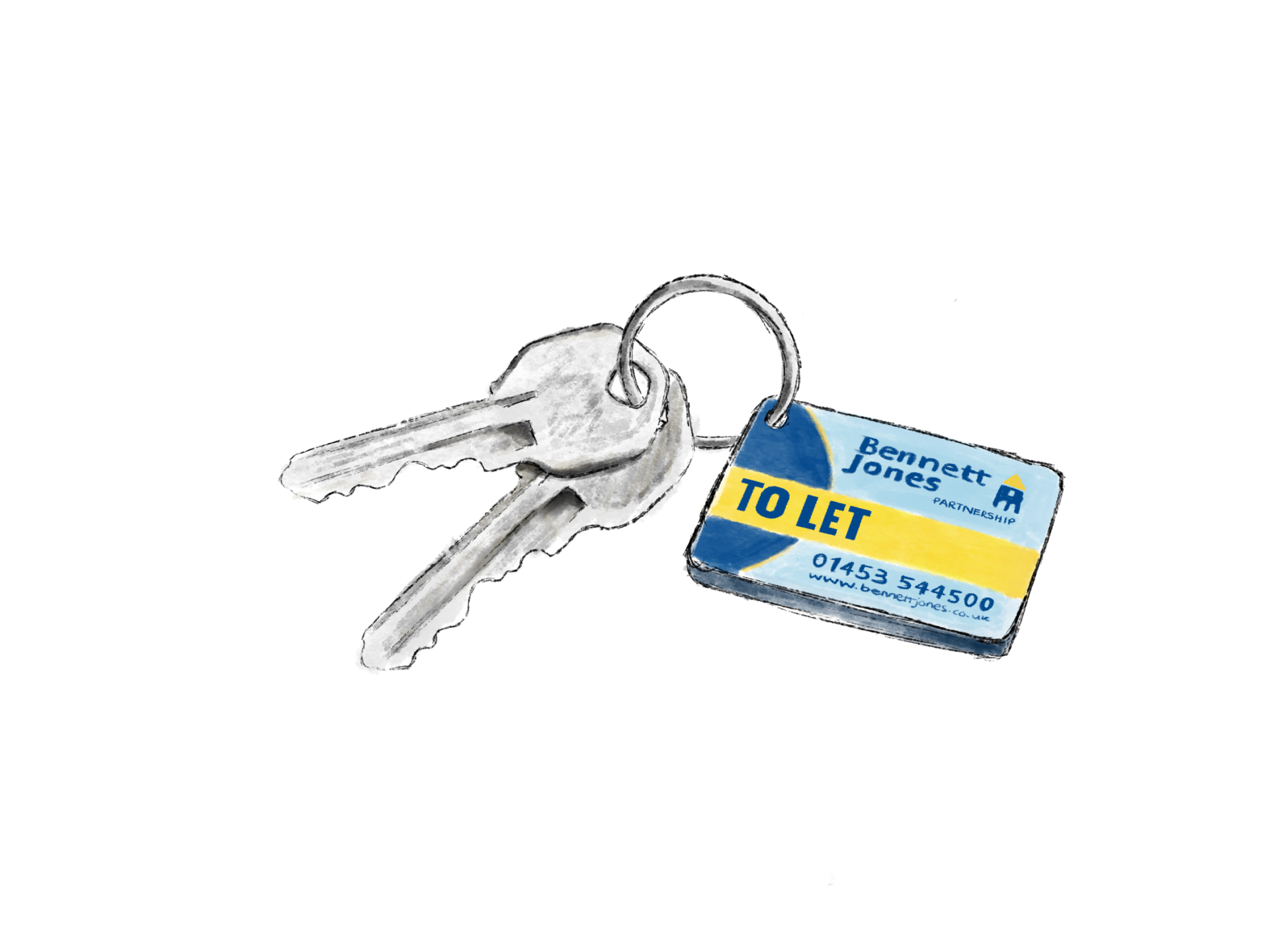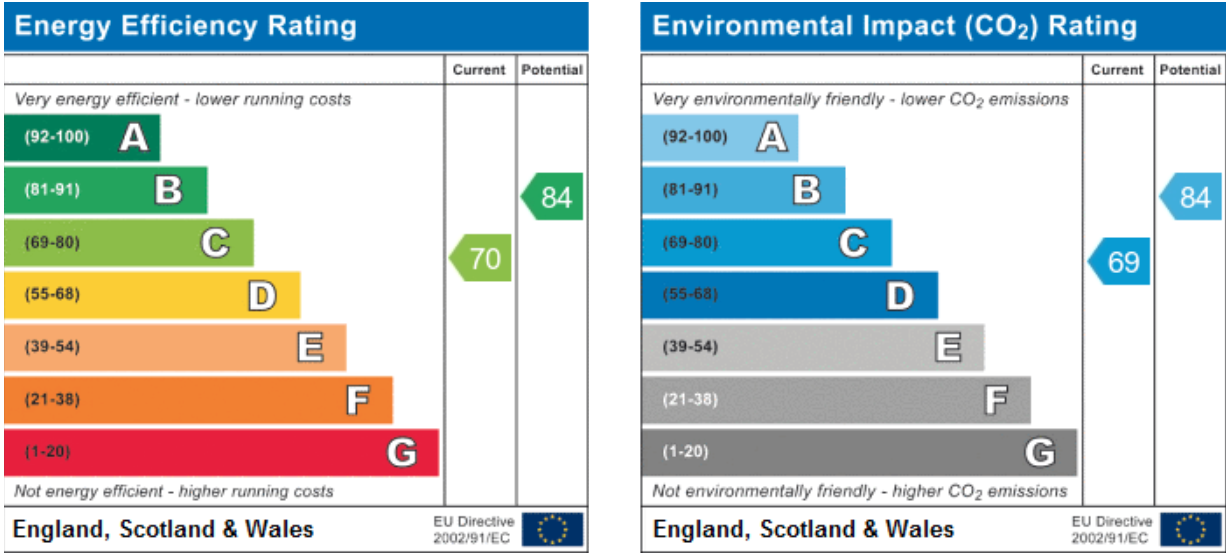Landlords and tenants are being urged to act quickly as the Radio Teleswitch Service (RTS) is set to be discontinued on 30 June this year, potentially impacting heating and hot water supplies in rental properties across Great Britain.
RTS meters have been a staple in properties that benefit from off-peak electricity rates, such as those on Economy 7, Economy 10, or Total Heat Total Control tariffs. There are currently around 900,000 RTS meters in use, but with the service coming to an end, properties relying on these meters will require immediate upgrades to smart meters to avoid significant issues.
How to Identify an RTS Meter
Your rental property may have an RTS meter if:
- There is a separate switch box near the meter with a radio teleswitch label on it.
- The property is heated using electricity or storage heaters.
- There is no gas supply to the area, often the case in rural areas or high-rise flats.
- You benefit from cheaper energy at different times of the day, typically under tariffs such as Economy 7 or Economy 10.
If you are unsure whether your property uses an RTS meter, contact your electricity supplier for confirmation.
Why Upgrade to a Smart Meter?
Smart meters provide a similar service to RTS meters by allowing properties to benefit from off-peak rates. They also offer additional advantages, including:
- Accurate billing based on actual energy usage rather than estimates.
- Greater control over energy consumption through real-time monitoring.
- Contribution to a smarter and greener energy grid.
Electricity suppliers are contacting affected customers to arrange free smart meter installations. If you have not yet been contacted, it’s important to reach out to your supplier as soon as possible.
The Consequences of Inaction
Failing to replace RTS meters before the service switch-off could result in:
- Higher energy bills: Without the RTS signal, meters won’t be able to adjust to cheaper off-peak rates.
- Loss of heating and hot water control: Systems may be left continually on or off, creating significant inconvenience.
- Legal implications for landlords: Under the Landlord and Tenant Act 1985, landlords are required to ensure tenants have access to heating and hot water. Failure to comply may result in legal action.
Danni Barnes, Director of Development and Partnerships at National Energy Action, highlights the risks: “RTS meters are often used with ageing electric heating systems, which are more common in areas experiencing severe fuel poverty. The switch-off could exacerbate costs for households already struggling and result in households losing control of their heating and hot water. In the worst cases, some may not be able to use their heating or hot water at all.”
What Should Landlords and Tenants Do?
- Landlords: Ensure that RTS meters in your rental properties are replaced with smart meters before the June 30 deadline to maintain compliance with legal requirements.
- Tenants: Contact your landlord or electricity supplier to confirm the type of meter in your property and request a smart meter upgrade if needed.
A media campaign featuring TV presenter Lorraine Kelly is already underway to raise awareness of this urgent issue. Don’t delay—take action now to avoid disruptions and ensure your rental property remains compliant and energy-efficient.














